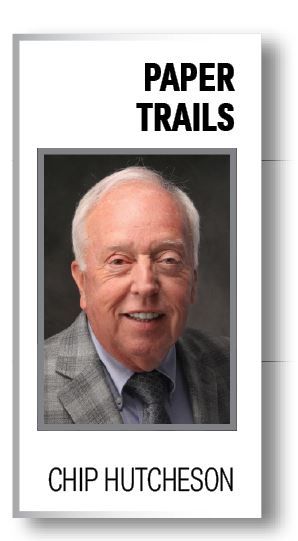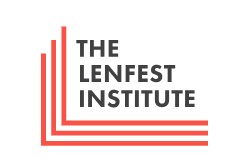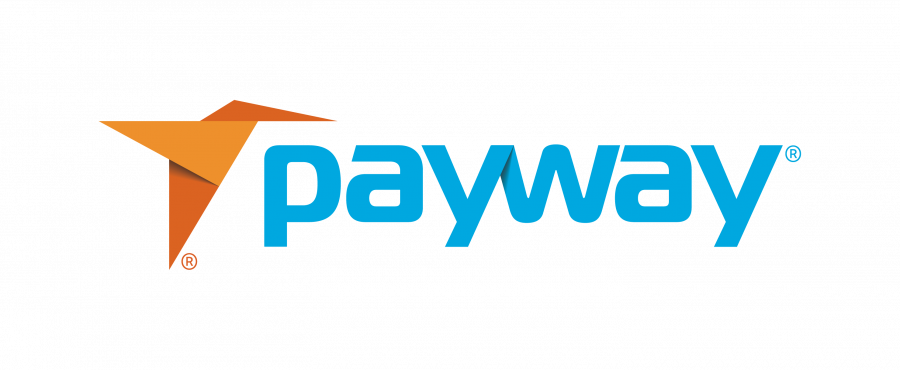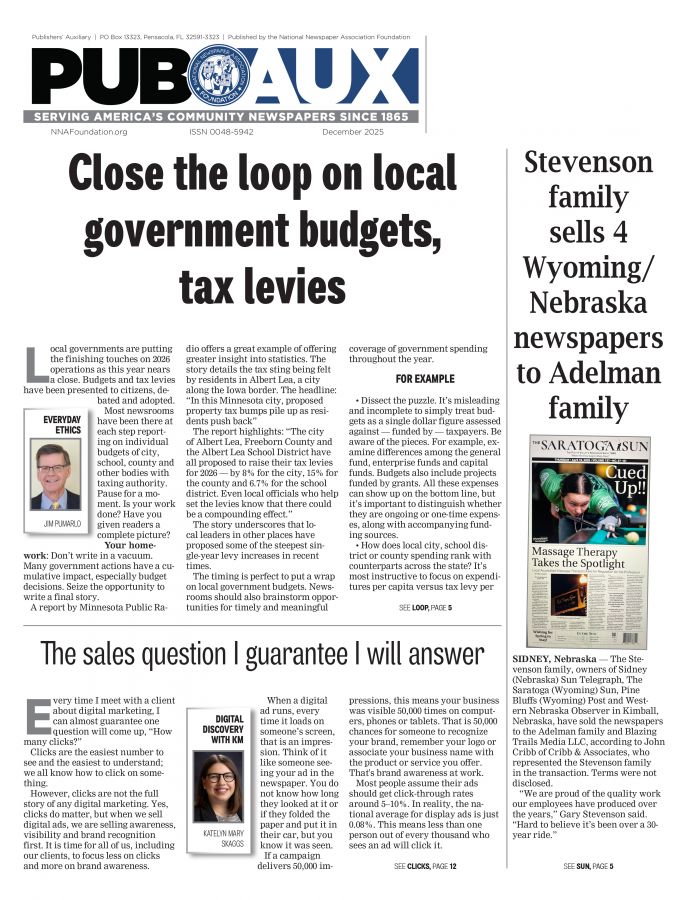Making the most of the time you have
Chip Hutcheson
Nov 1, 2023


Singer-songwriter Jim Croce’s “Time In A Bottle” was written for his wife, but it epitomizes the mindset of many in the newspaper business today with the chorus:
“But there never seems to be enough time
To do the things you want to do once you find them.”
For most people who make their living by working at a newspaper, there rarely seems to be enough time to accomplish what we desire.
That became clear to me when I took over our family owned newspaper in 1976. My father, who rarely offered advice, broke that rule at the outset. He said, “You matter what you do; in this business, you are never caught up. There is always one more advertiser you can call on, one more story you can write.” That mantra for life emphasizes that it’s vital to make the most of the time you have — all the while understanding there never is enough time!
An old pamphlet by Charles E. Hummel speaks to that.
He writes: “Is your life an ever– lengthening trail of unfinished tasks? Wouldn’t it be great if we had an extra 12 hours every day?
“To be honest, I think we still wouldn’t get enough sleep. We’d still waste too much time watching TV. We still wouldn’t get enough exercise. We would still have a list of things we wished we had made time to do. In fact, it would probably be longer.
“Our problem isn’t really that we don’t have enough time. Our problem is that we haven’t thought through our priorities.”
As we head into the busy holiday season, it seems to be the opportune time to examine how we use our time. Does our time usage reflect the most effective way to produce a newspaper?
Regardless of your role at a newspaper — reporter, editor, ad salesperson, digital coordinator, circulation or business person — chances are you will concede that effective time management is challenging. You probably feel many days like you are a juggler with too many balls in the air, and you fear they are all going to come crashing down at the same time. Realistically, it’s not just the job, but how we manage time between work, family, household needs and finances. Chances are you might end the day and wonder, “What did I really accomplish?” You went to meetings, you worked hard — but you wonder how the time vanished with few visible results.
Stephen Covey’s advice is important: “Start with the end in mind.” If you don’t have a clear plan for where you want to finish the day, you will likely arrive somewhere else.
HERE ARE A FEW THOUGHTS ON HOW TO BEST USE YOUR TIME
- Use social media prudently. Walk through any workplace, and you will likely find people with eyes glued to their phones, and most times they are checking or posting on social media. Certainly, that has its place in the workplace, but it’s easy for your attention to social media to be a time killer. Examine your weekly screen–time report, and you might be surprised at how much time you spend on social media. Set a goal of seeing that time decrease each week.
- Use email, but not at the expense of personal engagement. Email can be a time saver by eliminating phone tag or delving into conversations that can eat up your time. However, there are times that a phone call can save time. For instance, an email arrived recently that requested information about advertising on our website. Rather than email, my choice was to call. There were numerous questions he had, and by calling, we worked out all the details without numerous emails.
- Guard against internal distraction. It’s good to have strong interpersonal relationships at work and with the people in your community, but learn to focus conversations on what is important. Don’t allow what should be a five-minute “chit-chat” conversation to consume half an hour.
- Guard against external disruption. It helps the newspaper operation for its personnel to have community involvement, but don’t let a good thing become an obstacle. There are times you might be asked to take on a project or help an organization; be wise in when to say ‘yes’ and when to say ‘no.’ Learn to gracefully say ‘no’ or postpone a request in order to take care of the urgent business at hand.
- Evaluate your day. When your day’s work is done, it is helpful to consider what you accomplished and what happened that hindered you from achieving all that you wanted. There might have been things beyond your control, such as computer problems or a flat tire as you traveled to cover a story or see an advertiser.
Don’t fret over those unexpected and unavoidable problems. But if your unproductivity was the result of actions you could control, then be determined to not repeat those things.
One final thought: in an effort to make the most of your time, don’t neglect the importance of timeliness with your responses. In many businesses and organizations, people think they are so busy that they neglect responding to calls, emails and texts. It harms your reputation and your business when you don’t reply to people.
In our organization, there is an expectation that every phone call and every email will receive a response within 24 hours. We do utilize voicemail and email notifications to alert people if we are on vacation or there are other reasons that a response might be delayed. When a reply isn’t made in a timely manner, the person initiating the contact feels disrespected. Trust takes a hit.
Everybody is busy, but don’t let ‘busyness’ be a reason that an advertiser is offended or a news source thinks you are not interested in what the person has to say.
Finally, thank you for your time reading this!
Chip Hutcheson is the retired publisher of The Times Leader in Princeton, Kentucky. He was NNA president in 2015. He currently serves as a content strategist for Kentucky Today, the online news website of the Kentucky Baptist Convention. chiphutcheson@yahoo.com










